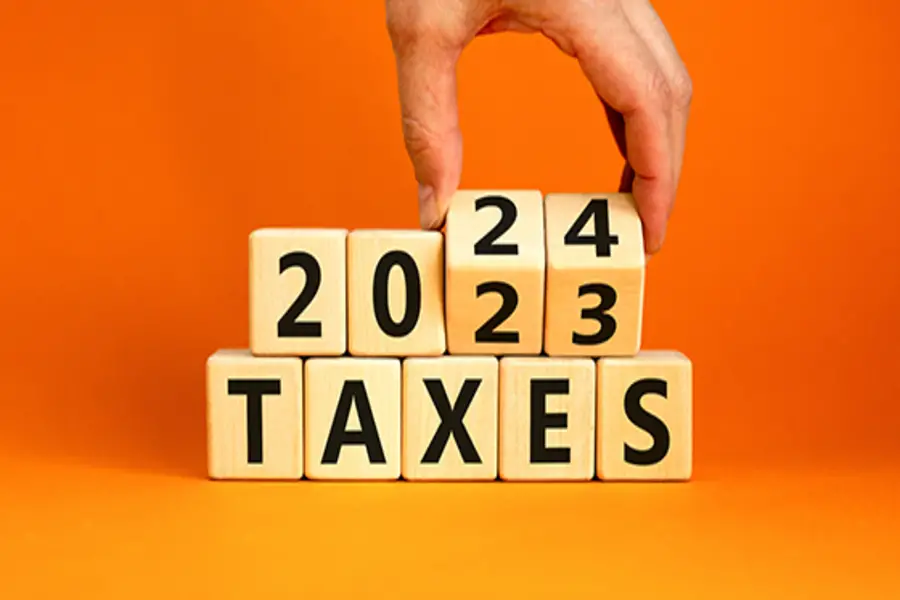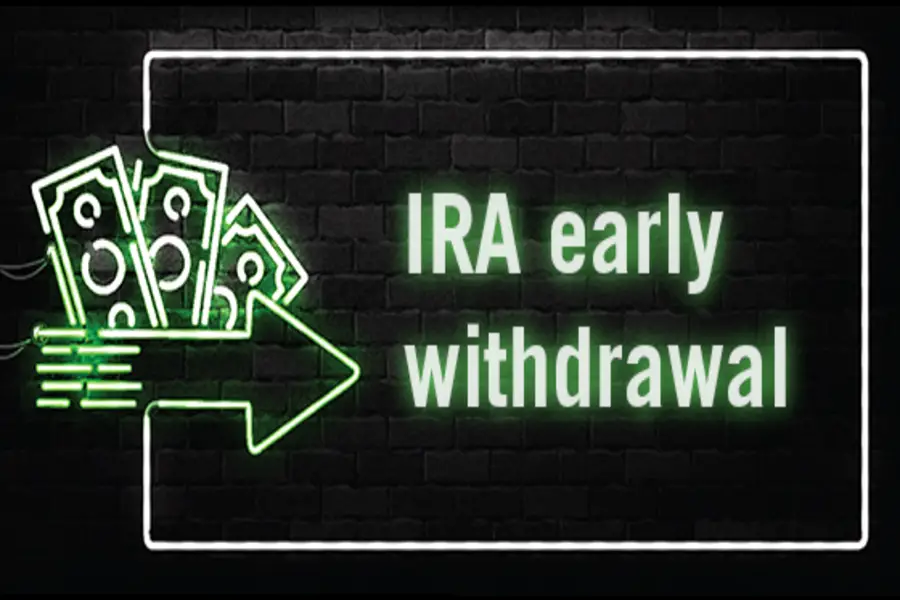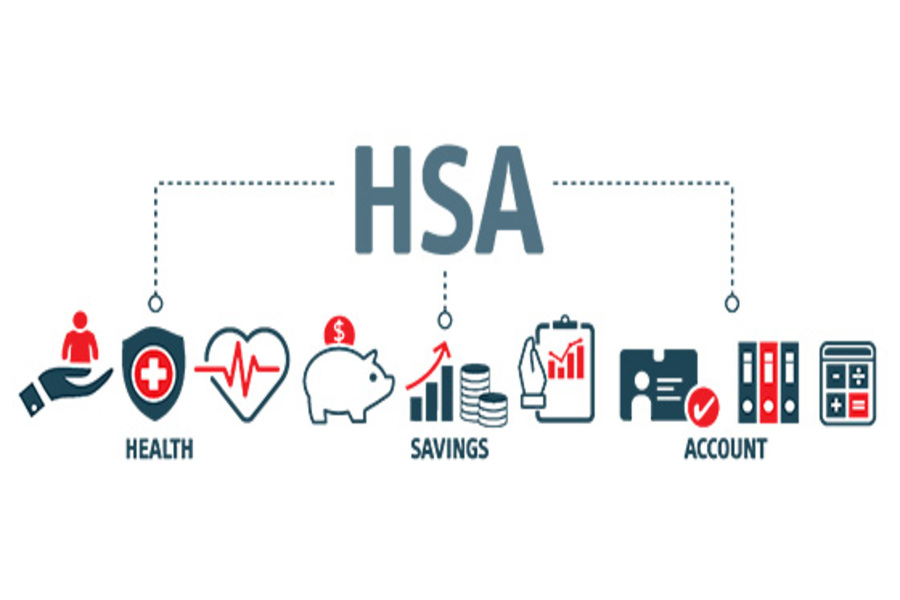As reported via IRS Fact Sheet 2022-37 in October 2022 Tip income is taxable and must be reported People who work in restaurants, salons, hotels and similar industries often receive tips for the customer service they provide. Tips can be taxable income, but it's important for people working in these areas to understand important details involving tips. What are tips? Tips are optional cash or non-cash payments that customers make to employees. Cash tips include: those received directly from customers, electronically paid tips distributed to the employee by their employer and tips received from other employees under any tip-sharing arrangement. All cash tips must be reported to the employer. Non-cash tips are those of value received in any other medium than cash, such as: tickets, passes or other...

The IRS recently announced various 2024 inflation-adjusted federal tax amounts that affect individual taxpayers. Most of the federal income tax rate bracket thresholds are about 5.4% higher than for 2023. That means that you can generally have about 5.4% more income next year without owing more to the federal government. Standard deduction Here are the inflation-adjusted standard deduction numbers for 2024 for those who don’t itemize: $14,600 if you’re single or use married filing separate status (up from $13,850 in 2023). $29,200 if you’re married and file jointly (up from $27,700). $21,900 if you’re a head of household (up from $20,800). Older taxpayers and those who are blind are entitled to additional standard deduction allowances. In 2024 for those age 65 or older or blind, the amounts will be: $1,550...
If you’re facing a serious cash shortfall, one possible solution is to take an early withdrawal from your traditional IRA. That means one before you’ve reached age 59½. For this purpose, traditional IRAs include simplified employee pension (SEP-IRA) and SIMPLE-IRA accounts. Here’s what you need to know about the tax implications, including when the 10% early withdrawal penalty tax might apply. Penalty may be avoided In almost all cases, all or part of a withdrawal from a traditional IRA will constitute taxable income. The taxable percentage depends on whether you’ve made any nondeductible contributions to your traditional IRAs. If you have, each withdrawal from a traditional IRA consists of a proportionate amount of your total nondeductible contributions. That part is tax-free. The proportionate amount of each withdrawal that...
Restricted stock awards are a popular way for companies to offer equity-oriented executive compensation. Some businesses offer them instead of stock option awards. The reason: Options can lose most or all of their value if the price of the underlying stock takes a dive. But with restricted stock, if the stock price goes down, your company can issue you additional restricted shares to make up the difference. Restricted stock basics In a typical restricted stock deal, you receive company stock subject to one or more restrictions. The most common restriction is that you must continue working for the company until a certain date. If you leave before then, you forfeit the restricted shares, which are usually issued at minimal or no cost to you. To be clear, the...
Perhaps you’ve been in this situation before: You have a financial emergency and need to get your hands on some cash. You consider taking money out of a traditional IRA or 401(k) account but if you’re under age 59½, such distributions are not only taxable but also are generally subject to a 10% penalty tax. There are exceptions to the 10% early withdrawal penalty, but they don’t cover many types of emergencies. Good news: Beginning in 2024, there will be new relief for some taxpayers facing emergencies. The SECURE 2.0 law, which was enacted late last year, contains two different relevant provisions: Pension-linked emergency savings accounts. Employers with 401(k), 403(b) and 457(b) plans can opt to offer these emergency savings accounts to non-highly compensated employees. For...
With the rising cost of college, many families are in search of scholarships to help pay the bills. If your child is awarded a scholarship, you may wonder about how it could affect your family’s taxes. Good news: Scholarships (and fellowships) are generally tax-free for students at elementary, middle and high schools, as well as those attending college, graduate school or an accredited vocational school. It doesn’t matter if the scholarship makes a direct payment to the individual or reduces tuition. Requirements for tax-free treatment Despite this generally favorable treatment, scholarships aren’t always tax-free. Certain requirements must be met. A scholarship is tax-free only if it’s used to pay for: Tuition and fees required to attend the school, and Fees, books, supplies and equipment required of all...
Many Americans own a vacation home or aspire to purchase one. If you own a second home in a waterfront community, in the mountains or in a resort area, you may want to rent it out for part of the year. The tax implications of these transactions can be complicated. It depends on how many days the home is rented and your level of personal use. Personal use includes vacation use by you, your family members (even if you charge them market rent) and use by non-relatives if a market rent isn’t charged. Short-term rentals If you rent the property out for less than 15 days during the year, it’s not treated as “rental property” at all. In the right circumstances, this can produce revenue and significant tax...
This year, many Americans have been victimized by wildfires, severe storms, flooding, tornadoes and other disasters. No matter where you live, unexpected disasters may cause damage to your home or personal property. Before the Tax Cuts and Jobs Act (TCJA), eligible casualty loss victims could claim a deduction on their tax returns. But currently, there are restrictions that make these deductions harder to take. What’s considered a casualty for tax purposes? It’s a sudden, unexpected or unusual event, such as a hurricane, tornado, flood, earthquake, fire, act of vandalism or a terrorist attack. Many unable to claim a tax break For losses incurred from 2018 through 2025, the TCJA generally eliminates deductions for personal casualty losses, except for losses due to federally declared disasters. Note: There’s an exception to...
If you gamble or buy lottery tickets and you’re lucky enough to win, congratulations! After you celebrate, be aware that there are tax consequences attached to your good fortune. Winning at gambling For tax purposes, it doesn’t matter if you win at the casino, a bingo hall or elsewhere. You must report 100% of your winnings as taxable income. They’re reported on an “Other income” line of your 1040 tax return. To measure your winnings on a particular wager, use the net gain. For example, if a $40 bet at the racetrack turns into a $130 win, you’ve won $90, not $130. You must separately keep track of losses. They’re deductible, but only as itemized deductions. Therefore, if you don’t itemize and instead take the standard deduction, you...
With the escalating cost of health care, many people are looking for a more cost-effective way to pay for it. For eligible individuals, a Health Savings Account (HSA) offers a tax-favorable way to set aside funds (or have an employer do so) to meet future medical needs. Here are four tax benefits: Contributions made to an HSA are deductible, within limits, Earnings on the funds in the HSA aren’t taxed, Contributions your employer makes aren’t taxed to you, and Distributions from the HSA to cover qualified medical expenses aren’t taxed. Eligibility To be eligible for an HSA, you must be covered by a “high deductible health plan.” For 2023, a high deductible health plan is one with an annual deductible of at least $1,500 for self-only coverage,...











